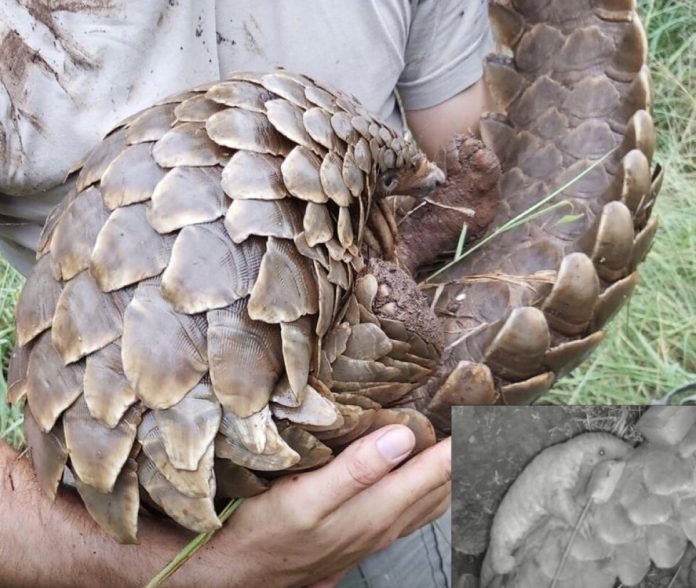
Hopeful News As A Pangolin Pup Was Born After Their Mother Was Saved From Wildlife Traffickers In South Africa
You can help all animals and our planet by choosing compassion on your plate and in your glass. #GoVeg

You can help all animals and our planet by choosing compassion on your plate and in your glass. #GoVeg